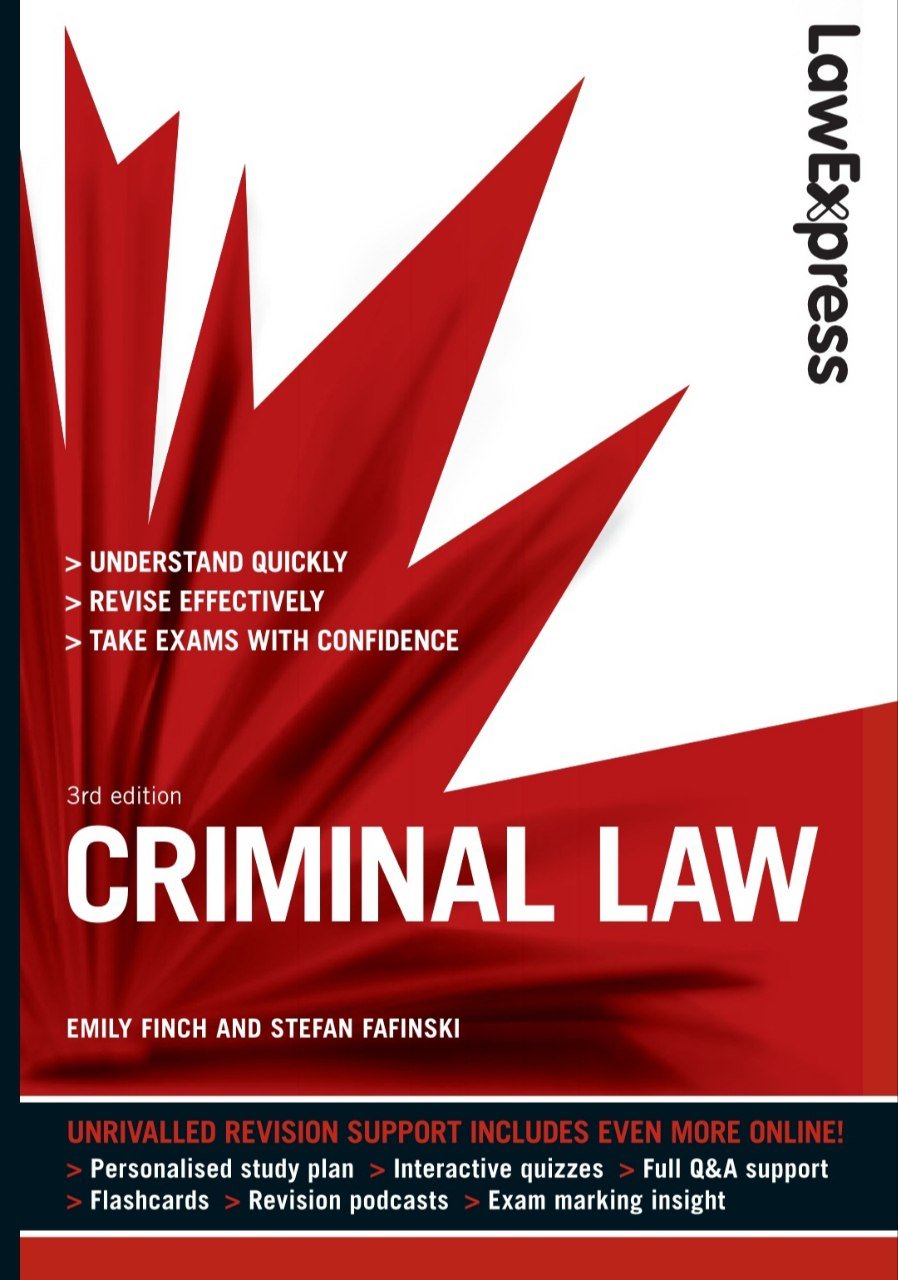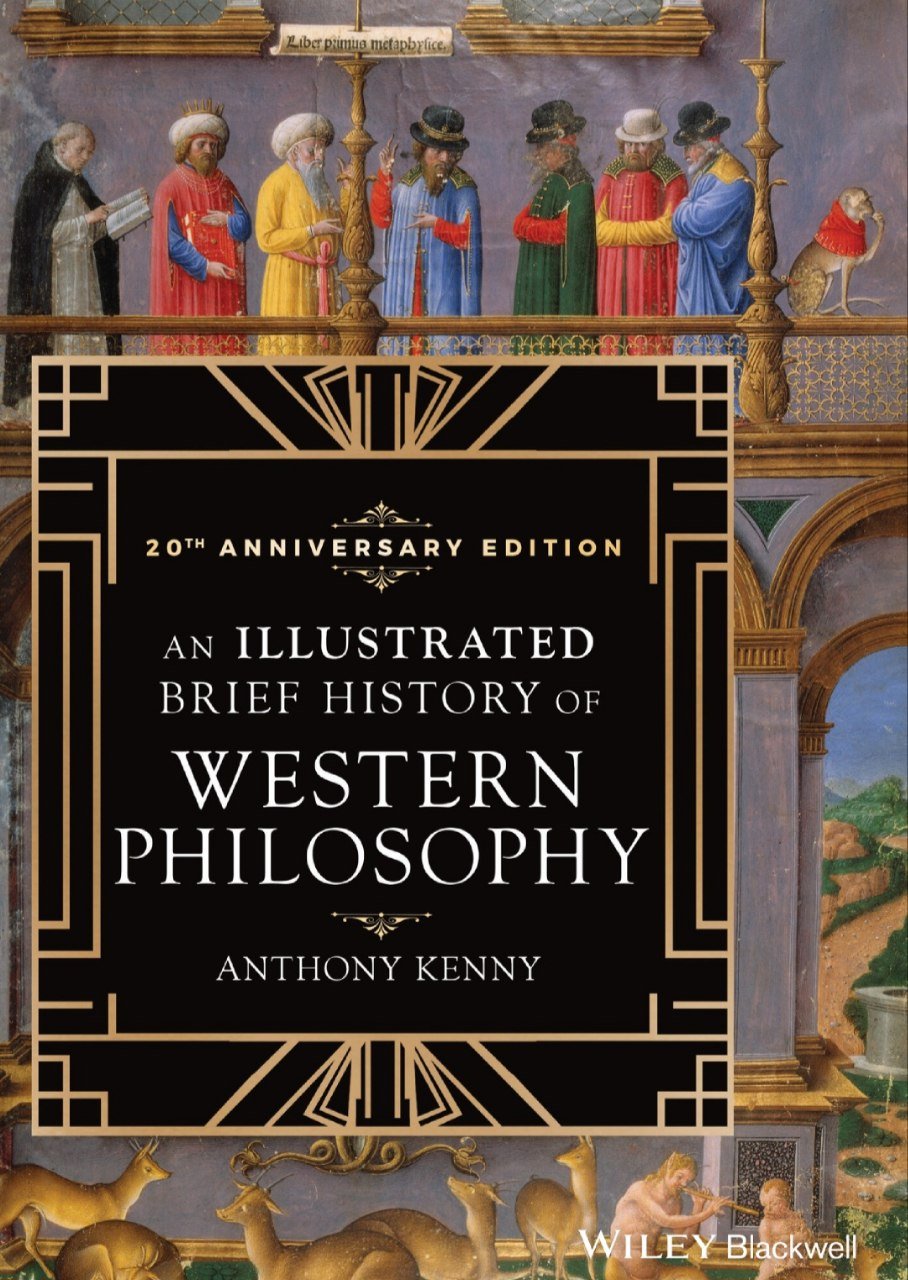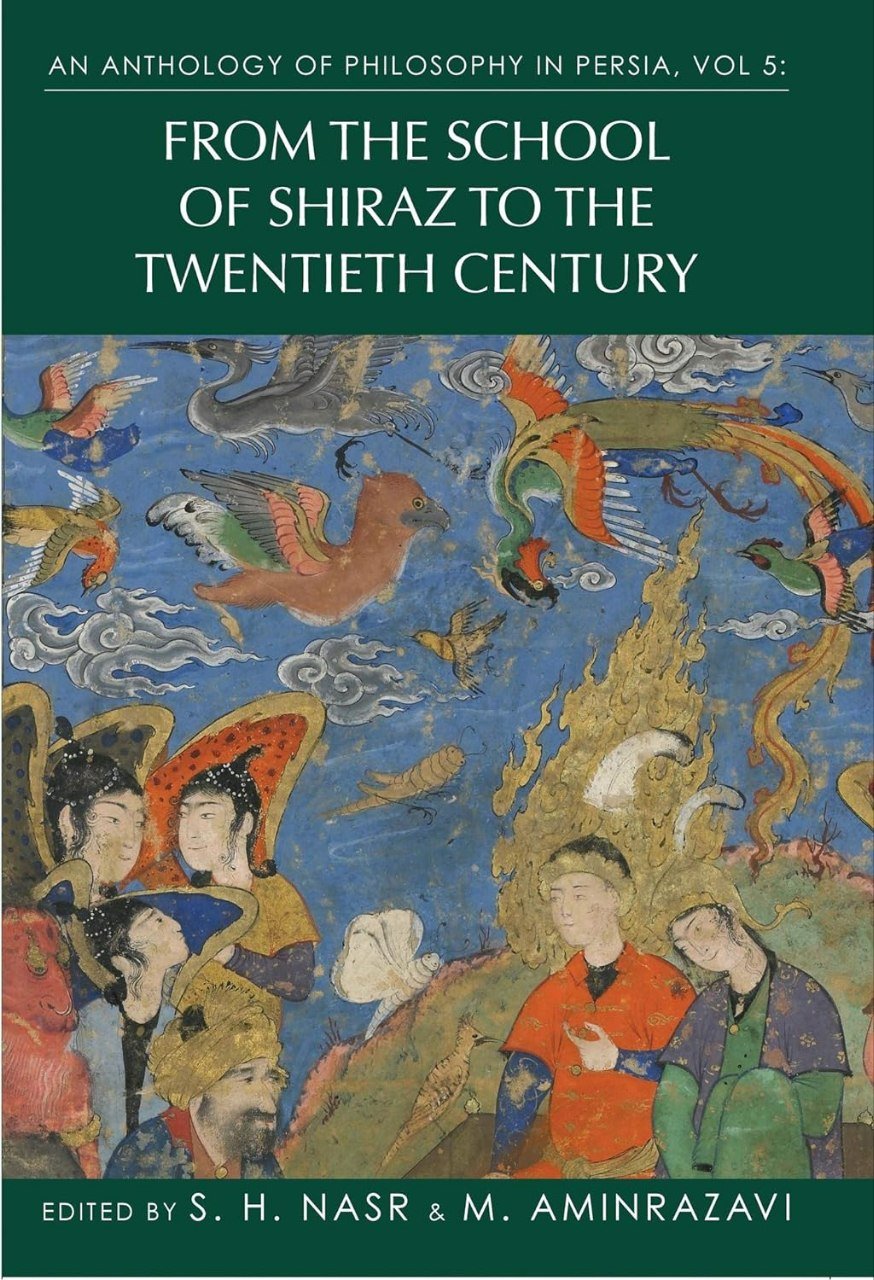

A Critical Introduction to the Philosophy of Language
Reviews
No review yet. Be the first to review this book!
Description
A Critical Introduction to the Philosophy of Language: Central Themes from Locke to Wittgenstein by John Fennell (2019) In A Critical Introduction to the Philosophy of Language: Central Themes from Locke to Wittgenstein, John Fennell offers an insightful and accessible exploration of the key ideas and debates that have shaped the philosophy of language over several centuries. This work provides a detailed and critical examination of the major figures and movements in the philosophy of language, from the early modern period with John Locke to the 20th century's influential figures like Ludwig Wittgenstein. The book aims to guide readers through the central themes and issues in the philosophy of language, offering a comprehensive understanding of how language has been understood and theorized by philosophers across different eras. Fennell’s approach to the subject is both chronological and thematic, organizing the development of philosophical thought about language into distinct, yet interconnected stages. The book starts with the early modern philosophers, particularly Locke, who laid the groundwork for later discussions about the nature of language and meaning. Locke’s theory of language, according to Fennell, centers on the idea that language is primarily a tool for communication and the expression of ideas, a view that emphasizes the relationship between words and the ideas they represent. As the book progresses, Fennell delves into the later developments in the philosophy of language, focusing on figures like Immanuel Kant, who introduced ideas about the conceptual structure of language, and the British empiricists like George Berkeley and David Hume, who further explored the role of perception and experience in shaping linguistic meaning. These thinkers contributed to a growing understanding of how language functions both as a tool for communication and as a mediator between our minds and the external world. The critical turning point in the history of the philosophy of language comes with the rise of analytic philosophy in the 20th century. Fennell pays particular attention to the work of figures such as Bertrand Russell, who introduced a theory of definite descriptions and referred to the philosophical importance of language in understanding logic and meaning. Fennell also discusses the contributions of Gottlob Frege, who revolutionized the study of meaning through his development of a formal logical language and his distinction between sense and reference. The final section of the book is devoted to Ludwig Wittgenstein, whose later work in Philosophical Investigations radically challenged previous assumptions about language. Wittgenstein’s shift from seeing language as a rigid, rule-based system to understanding it as a dynamic, socially embedded practice had profound implications for the philosophy of language. According to Fennell, Wittgenstein's focus on language games and the variety of ways in which words are used in different contexts marked a significant break from earlier theories of meaning and reference. Fennell’s analysis provides a critical perspective on each philosopher's contributions while highlighting the enduring questions and tensions in the philosophy of language, such as the relationship between words and the world, the nature of meaning, the role of language in thought, and the social and pragmatic dimensions of linguistic communication. Throughout the book, Fennell demonstrates how these central themes in the philosophy of language are interconnected and how they continue to influence contemporary discussions in the field. He also emphasizes the historical development of these ideas, showing how later thinkers responded to and built upon the work of earlier philosophers. The book provides both a rich historical context and a critical analysis of the major philosophical ideas that have shaped our understanding of language, making it an invaluable resource for students and scholars of philosophy, linguistics, and communication studies. In conclusion, A Critical Introduction to the Philosophy of Language by John Fennell is a comprehensive and accessible guide to the central themes and debates in the philosophy of language, from Locke to Wittgenstein. Fennell’s critical approach to each thinker provides a nuanced understanding of how the philosophy of language has evolved over time, and the book serves as an excellent resource for anyone seeking to engage with the key issues surrounding language, meaning, and communication in philosophical thought.





















.jpg)
.jpeg)









.jpg)



.jpeg)
.jpg)
.jpeg)




.jpeg)












.png)








.jpg)


.jpeg)


.jpg)
.jpg)









.jpg)




.jpg)















.jpg)



































